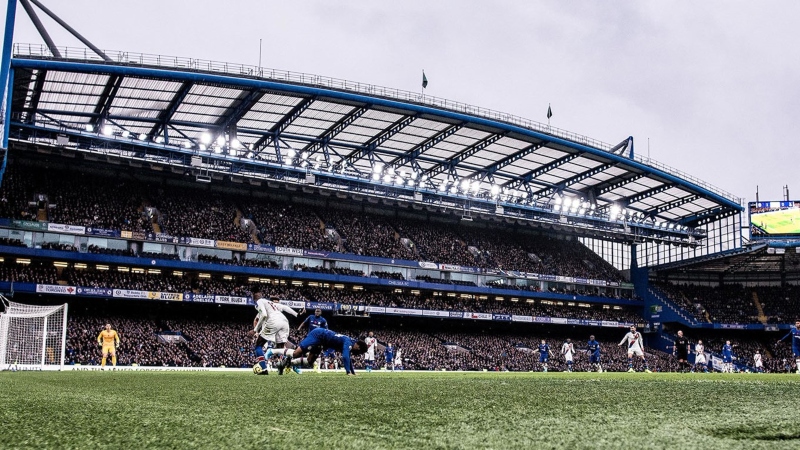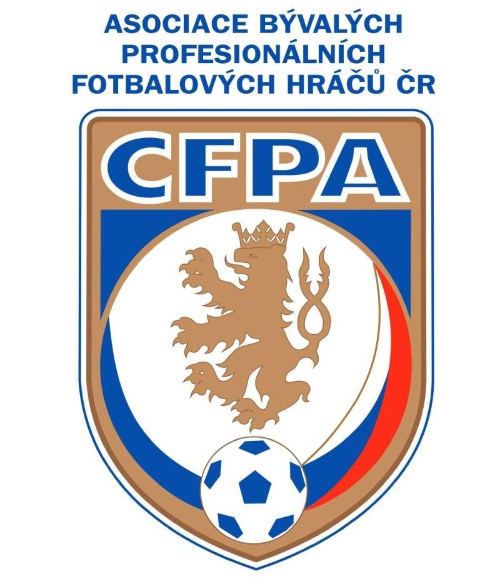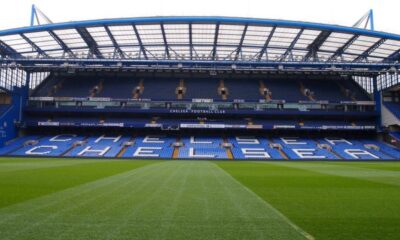Football
A window on the past: Chelsea can defend the Champions League, but without Roman Abramovich
English club Cheslea FC defeated French side Olympique Lille in the eighth round of the Champions League and can defend the most prestigious trophy. But long-time owner Roman Abramovich will no longer be there. In February, he announced that he had handed over the oversight and care of the club to the board of a charitable foundation.

English club Cheslea FC defeated French side Olympique Lille in the eighth round of the Champions League and can defend the most prestigious trophy. But long-time owner Roman Abramovich will no longer be there. In February, he announced that he had handed over the oversight and care of the club to the board of a charitable foundation. He was urged to do so by a member of the British parliament in the wake of Russia’s attack on Ukraine. A month later, he was forced to quit as head of the organisation and the famous brand went up for sale.
A club with an uninspiring history (founded on 10 March 1905), unheralded by glittering achievements, though not negligible – a single Championship title from the 1954/1955 season), three English Cup wins (1969/1970, 1996/1997 and 1999/2000), plus of course valuable European Cup Winners’ Cup triumphs in 1970/1971 and 1997/1998. Other English clubs, however, boasted a far more crowded Hall of Fame.
That was the Chelsea FC club from the London borough of the same name, minus Roman Abramovich, the Chukotka tiger of Russian-Israeli descent. But his billion-dollar investment has taken the traditional blue to the very top.
With his money, Chelsea have conquered the Champions League twice (2011/2012 and 2020/2021), also triumphed at the Club World Cup last year, the Europa League twice (2012/2013 and 2018/2019), added five domestic titles and five cup wins.
For that, the Russian oligarch should be lauded in Chelsea, London, England, Great Britain. The English have lived in luxury on the money of Russian taxpayers, pathetically one could say sucked off the teat of men who, even under an improved democratic regime, have constantly struggled with a lack of civil liberties but also consumer goods.
The story of how Abramovich became the owner of one of the best clubs in the world needs to be recalled. At the beginning of the 1980s, the club looked almost hopeless:: huge debts, mortgaged land, an outdated team.
The shares in the club were bought for a symbolic one pound by businessman Ken Bates and a thorough reorganisation began. And success came, though the coveted title, let alone conquering the European stage, still eluded him.
In June 2003, Ken Bates sold a majority stake for £60 million (about CZK 1.8 billion) to Roman Abramovich. This ushered in the most successful period in the club’s history so far.
Abramovich came to Chelsea with a clear plan – to make it one of the biggest clubs in history and pumped in an incredible amount of money, which British capital had a tiny part in creating. And he succeeded.
Chelsea no longer actually belongs to Abramovich. In the limelight, as one of the best clubs in the world with a star-studded squad, it will be bought out (for how much?) by a suitor. There are plenty of business beasts for fat and, given the circumstances, apparently quite cheap loot.
In the autumn of 2018, when Abramovich started having visa problems and the English authorities refused to let him access his property on an Israeli passport after the Skripal affair, the recently deceased richest Czech businessman Petr Kellner was also interested in buying it.
Abramovich has to give up his assets after a bizarre nationalisation. The English will keep the trophies.
Source: Chelsea FC, Premier League












